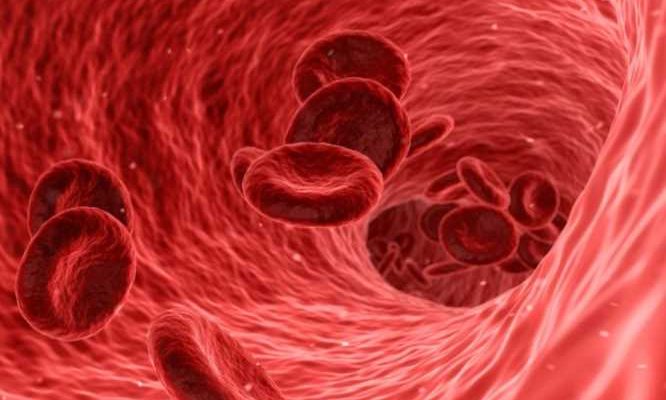Did you know that about 30% of the world’s population lacks at least one crucial micronutrient? That equates to approximately two billion people worldwide at risk of nutritional deficiency.
Iron deficiency is a perfect example, as iron is one of the most common vital minerals people lack.
Unfortunately, deficiencies in this essential mineral give rise to numerous health complications. We rounded up the most common consequences of not having enough iron, so be sure to read on.
Contents
Anemia
In the United States alone, an estimated three million people have anemia. Anemia is a blood disorder that results from a lack of red blood cells (RBCs) or hemoglobin.
The most common cause of anemia, in turn, is iron deficiency. Hence, iron-deficiency anemia (IDA) refers to anemia that results from a lack of iron.
Iron deficiency causes anemia as this mineral is essential to the production of RBCs. Iron helps your body make RBCs, which, in turn, contain hemoglobin. Hemoglobin, on the other hand, is a protein molecule.
One of the most crucial roles of hemoglobin is transporting oxygen from the lungs to the rest of the body. Moreover, it carries carbon dioxide generated by the tissues back to the lungs.
That’s how having low levels of iron can result in anemia. Worse, iron deficiency anemia can cause severe health problems, such as organ damage. At the very least, IDA can make you feel tired or weak all the time.
Heart Palpitations
Heart palpitations can either be abnormal heartbeats or a fast heart rate (tachycardia). You can develop these issues if you have severe iron deficiency.
Remember: Iron deficiency can result in a significant reduction in your RBC count. As a result, fewer nutrient- and oxygen-rich RBCs can travel to and from your heart. This can then interfere with your heart’s pumping action.
Infections
Another crucial role of iron is to help proliferate or increase the number of immune cells. This mineral also aids in the maturation and spread of immune cells.
As such, iron deficiency can result in your body being unable to make enough immune cells. This can then make you more prone to infections and illnesses.
Increased Risk of Pregnancy or Birthing Complications
Studies found that iron deficiency affects more than half of pregnant women. This is also why IDA is the most common type of anemia in expectant mothers.
Unfortunately, having IDA can raise a woman’s risk of giving premature birth. Untreated IDA can also increase the risk of fetal fatality. Babies born of moms with IDA may also exhibit low birth weight.
The good news is that in many cases, supplementation can help address iron deficiency. Best of all, these dietary aids are available not only for pregnant women but kids and other adults, too.
So, before you experience iron deficiency complications, talk to your doctor about supplementation. Some of your options include iron supplements by Vitabiotics, Thorne, or Nature Made.
Your physician may also recommend red meat, pork, poultry, and seafood. You should also build your meals around dark green leafy veggies, beans, and peas.
Don’t Underestimate the Dangers of Iron Deficiency
Always keep in mind that iron deficiency can set you up for many other chronic health conditions. The fact alone that it can make you feel fatigued all the time should be enough reason to prevent it.
So, if you think you lack iron, talk to your doc about your diet and supplementation. The sooner you do, the sooner your doctor can help you achieve optimal health.
Speaking of which, would you like to learn more tips on healthy living? If so, then please feel free to browse our other health and wellness guides!
